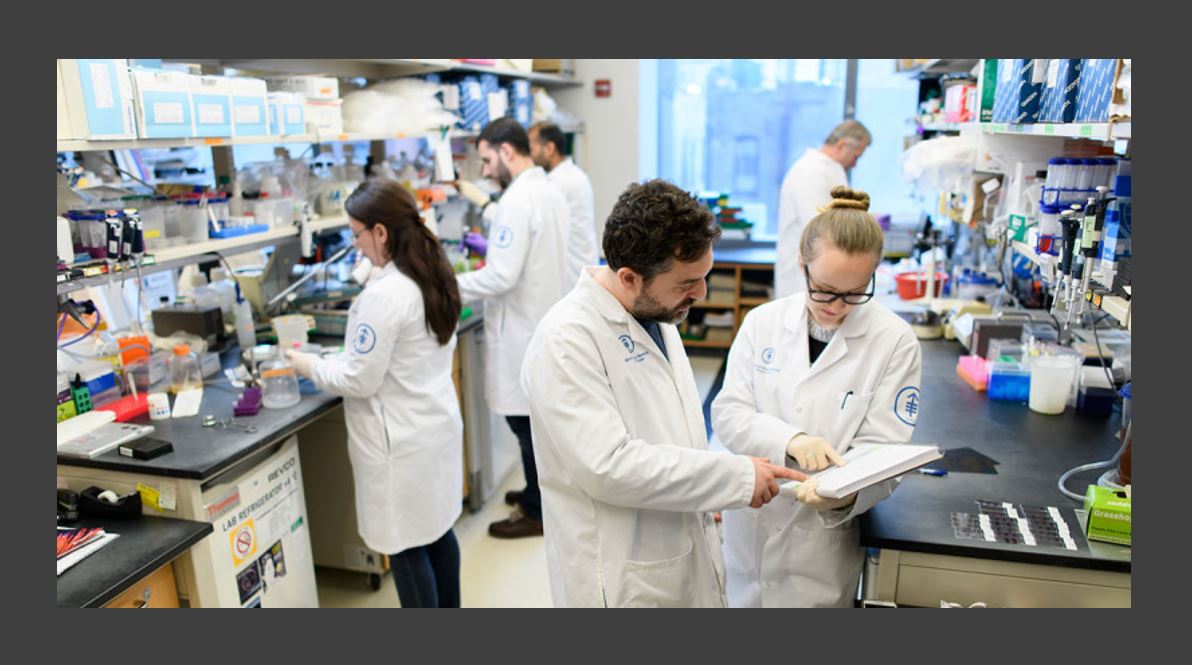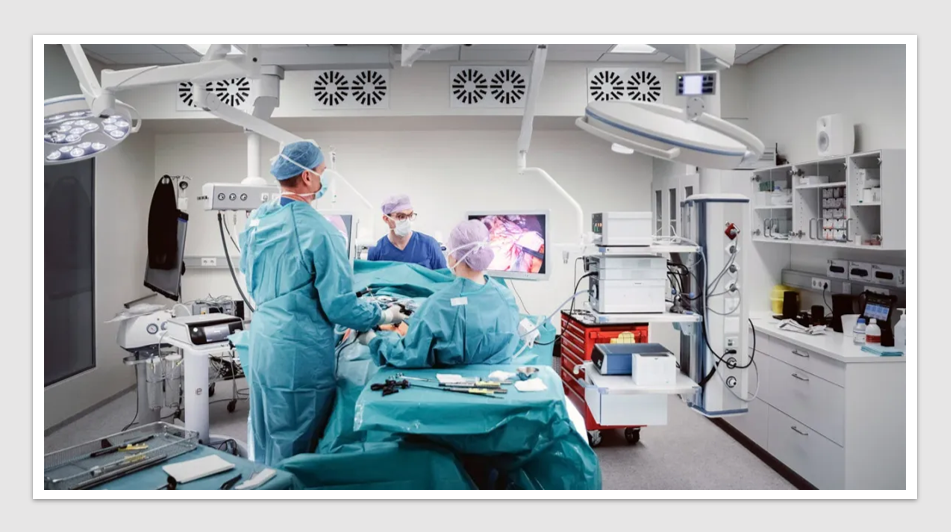Medical
Australia’s research workforce predicted to be significantly impacted

Australia’s research workforce will be severely impacted by the COVID-19 pandemic and the effects are likely to be felt for an extended period. Universities in particular have been dealt a double blow by the pandemic.
A new research report published on 8 May 2020 details how a dramatic drop in international student fees and business research spending will impact the sector significantly in the next six months and beyond.
University job losses of up to 21,000 full time equivalent (FTE) positions are projected over the next six months of which an estimated 7,000 could be research-related academic staff.
Professor Marc Parlange, Provost and Senior Vice-President of Monash University, said “Over coming decades Australia’s prosperity will be determined by how well it advances research and innovation to address the many hurdles that it and every nation will face.
Despite challenges of geographic isolation and comparatively low population, Australia has attained a remarkable record for research excellence – contributing more than four per cent of global scientific research publications with just 0.3 per cent of the world’s population, and counting the third highest number of top 100 universities globally.
The disruption to Australia’s research due to COVID-19 is without precedent. How we respond to sustain our researchers and research platforms during this crisis and throughout the recovery will influence the shape and prosperity of our society for many years. Building awareness of the importance of research to Australia’s post-pandemic recovery will be core to this endeavour.”
Research interruptions and travel and visa restrictions suggest that more than 9,000 international research students will not resume their research in 2020, according to the report’s authors.
The report’s authors are concerned that women, early career researchers and recent graduates will disproportionately experience negative impacts.
Professor Chris Moran, Deputy Vice-Chancellor, Research at Curtin University and a contributor to the report said “The sum of government block grants and research income earned by all Australian universities is ~$4.2B (2017 and 2018 data). Universities must cover the cost of academic salaries, co-investment in research, research infrastructure and other research operating expenses. The difference or “research funding gap” totals ~$3.6B per annum which includes approximately 60% of research academic salaries and ~$1B per annum in co-investment (amounts in individual universities vary considerably). International student fees are the main revenue source used to close this gap.
COVID-19 is estimated to result in a decrease in international student fees in 2020 alone of $2.2-2.5B. The government could ease the challenge for universities through two mechanisms. First, by assuring that they will not reduce the research block grant or modestly increase it in the next budget. Second, immediately stopping university cash co-investment in government grant programs, which would create no cost to government (ARC, NHMRC and CRC programs currently cost universities ~$700M per annum). Further, government could assist industry, particularly small and medium enterprises, to maintain their investment in research by providing a premium on research and development tax concessions for businesses conducting their research in collaboration with universities.”
The report was produced by the Rapid Research Information Forum, a group of 35 research sector lead organisations. The forum is chaired by Australia’s Chief Scientist, Dr Alan Finkel, and its operations are led by the Australian Academy of Science.
Australian Academy of Technology and Engineering (ATSE) led the workforce report. ATSE Chief Executive Officer, Kylie Walker said industry sectors may experience a reduced capacity to innovate given that universities perform approximately 43% of all applied research in Australia.
“A decline in innovation may limit economic growth by slowing the development of new technology, skills, and efficiency gains in service and production processes,” Ms Walker said.
News & Trends - MedTech & Diagnostics

Bariatric surgery trumps Novo Nordisk’s Wegovy in cost-effectiveness and durability
MedTech & Diagnostics News: Bariatric surgery emerges as cost-effective, boasting superior and enduring weight loss outcomes over a five-year span […]
MoreNews & Trends - Pharmaceuticals

Aussie digital health company hits new milestone in AstraZeneca partnership
Pharma News: Fewer than 50% of asthma patients adhere to their prescribed preventative medications. An Australian digital health company has […]
MoreDigital & Innovation

Medical drone to reduce health equity gaps in rural and remote Australia
A specialised medical drone which increases accessibility to essential health services such as pathology, medicines, and telehealth services in rural […]
More